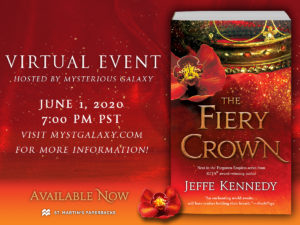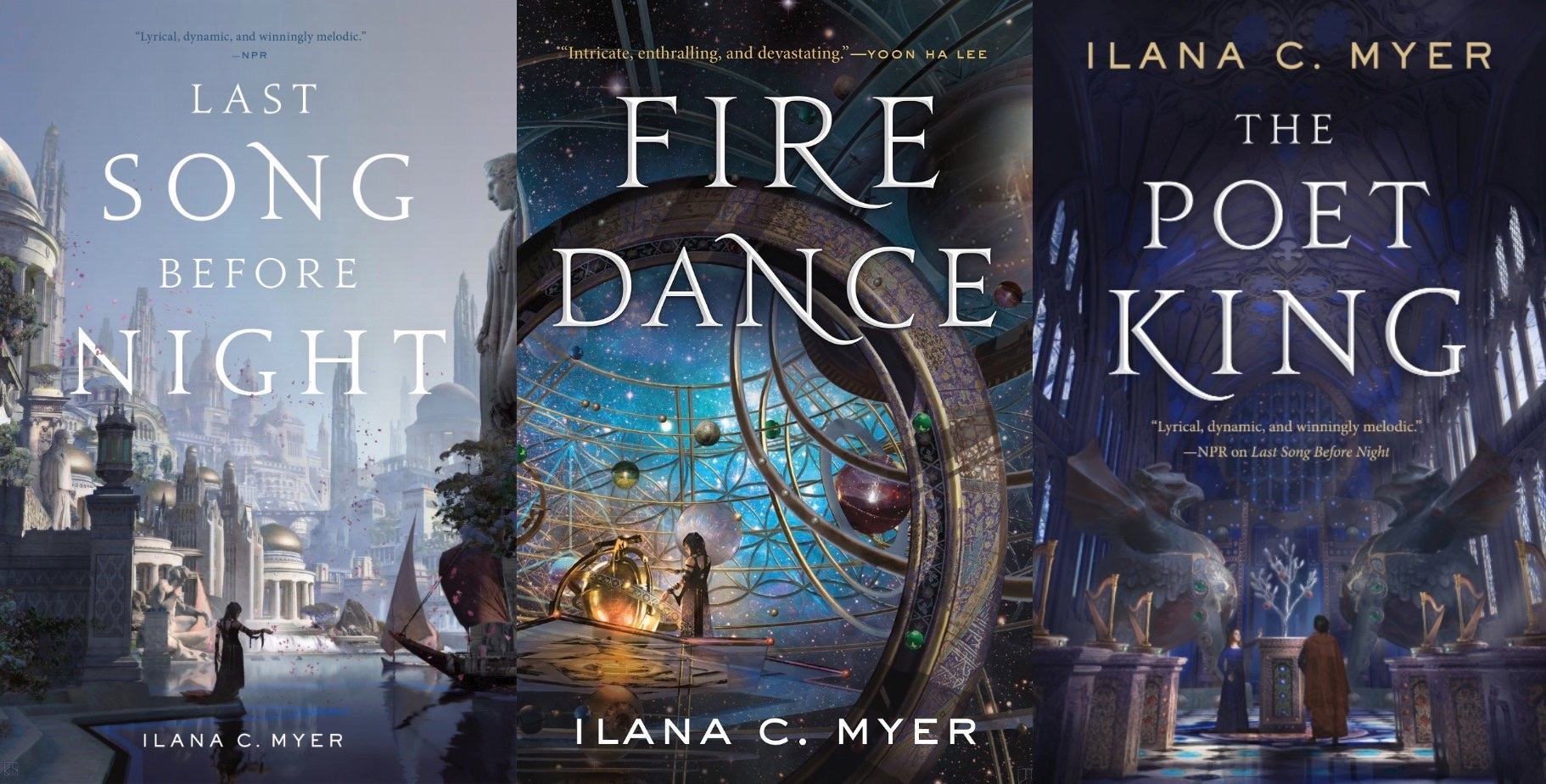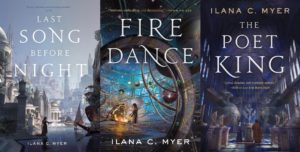I’m having a rant today, talking about the fantasy genre and how I define it – with supporting details! – and what differentiates Fantasy from a fantasy. Also reviews and thoughts on The Idea of You and Challengers.
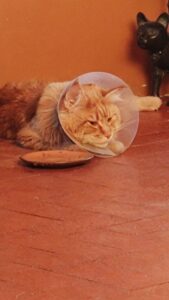
RITA ® Award-Winning Author of Fantasy Romance

I’m having a rant today, talking about the fantasy genre and how I define it – with supporting details! – and what differentiates Fantasy from a fantasy. Also reviews and thoughts on The Idea of You and Challengers.

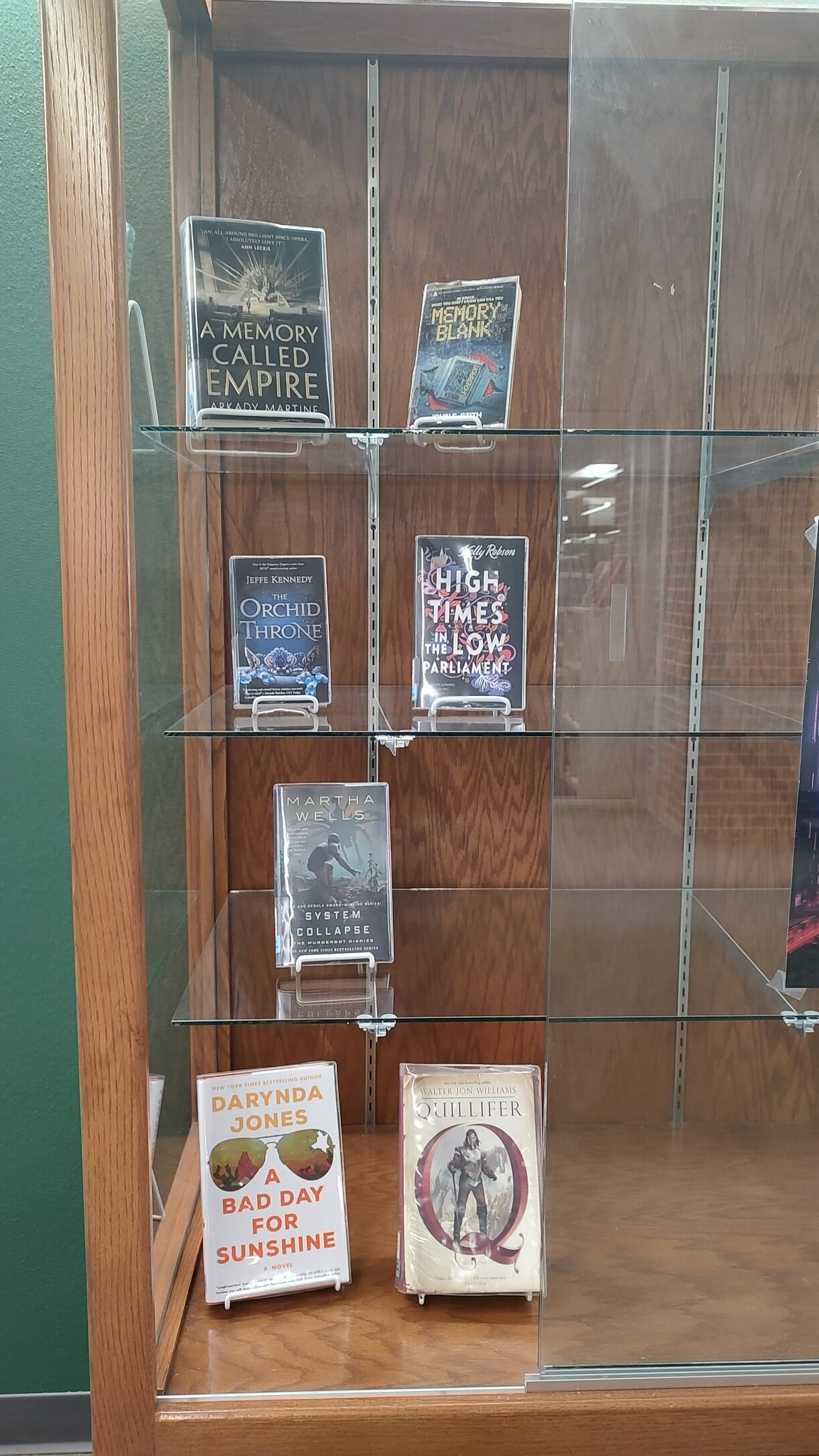
A special podcast today with fabulous author of fantasy, science fiction, and horror: Kelly Robson! We talk about the definition of fantasy vs. other SFF genres, tone, theme, choosing subgenre, and the difference between writing novels and shorter works.
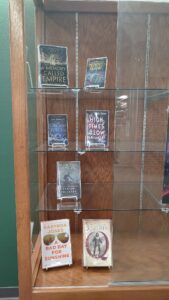
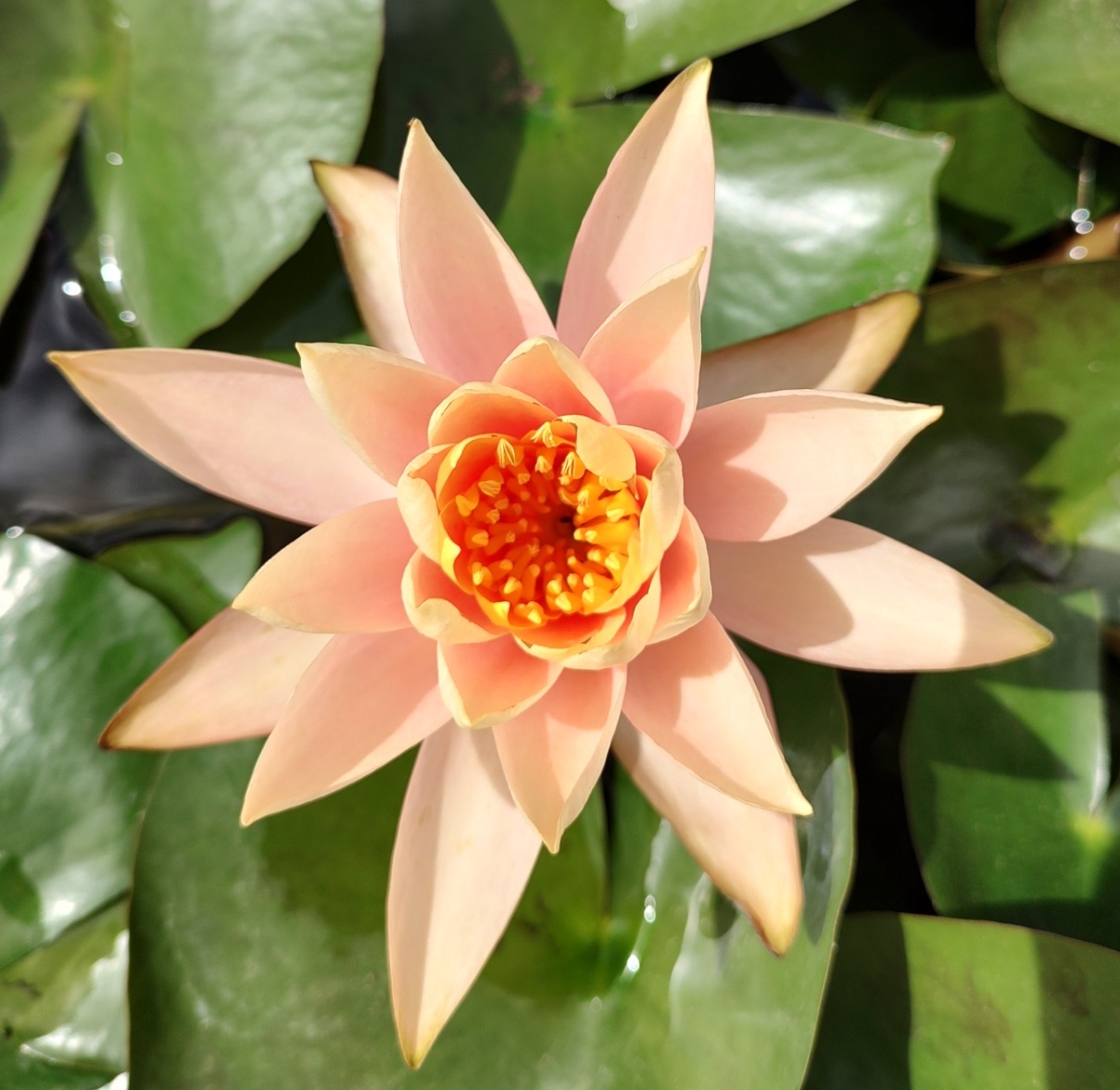
A story about how Romance continues to be treated like antimatter in some parts of the SFF community. Also, exciting news on ONEIRA, and a bit more about agents and being careful who you pitch to.
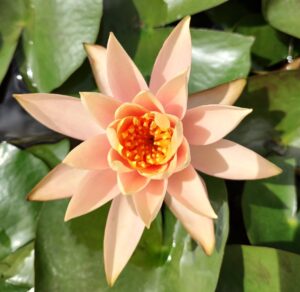
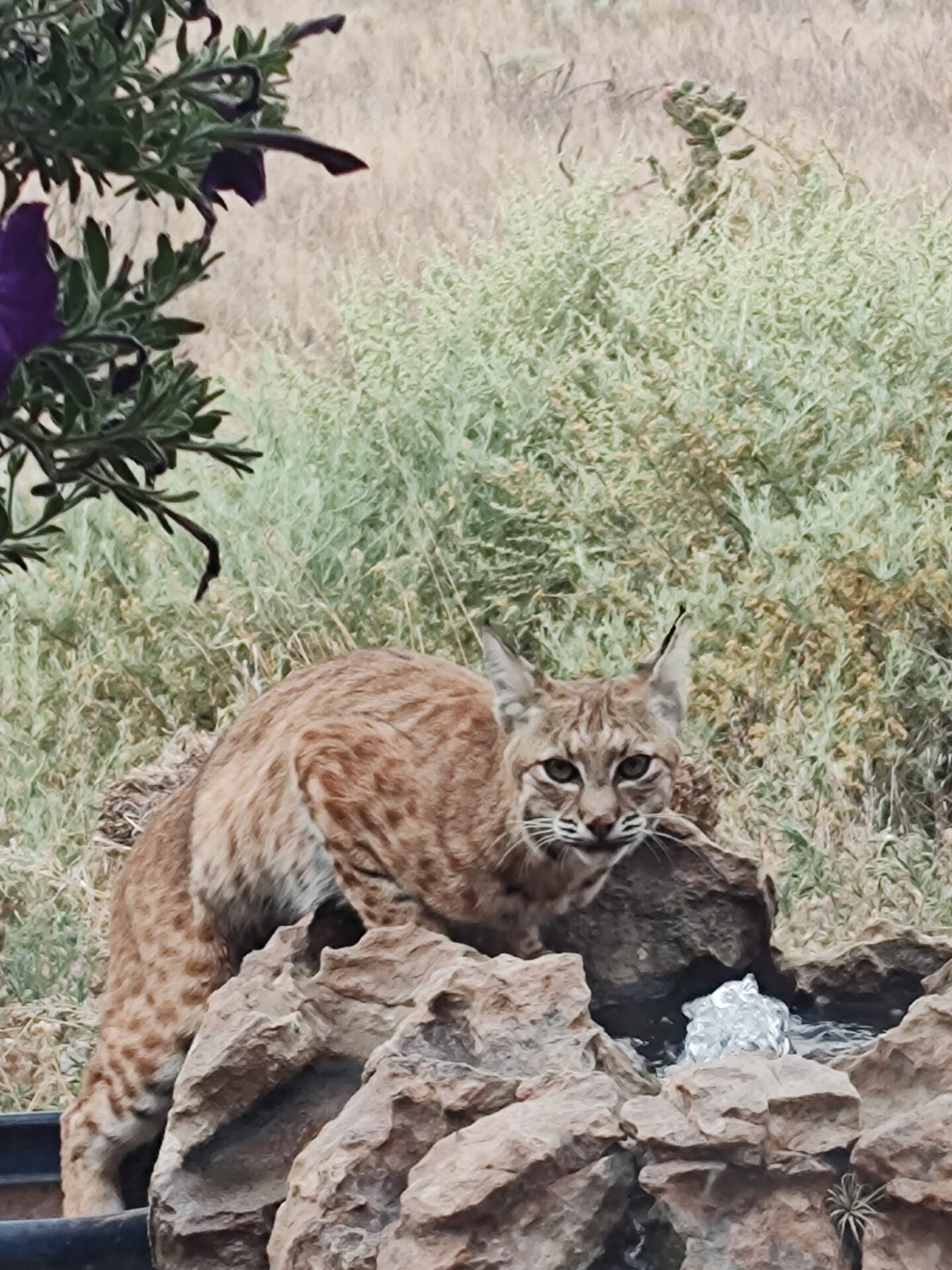

This week at the SFF Seven, we’re asking: “Do you read in the genre you write?”
What’s funny is that my answer is absolutely yes – but that I didn’t always write in the genre I read. Does that make sense?
I have always read Fantasy and Science Fiction, since I was a little kid, and I’ve been reading Romance since I was old enough to walk to the used bookstore to buy my own books, as my mom wouldn’t let me read “that trash.” (Because she thought Romance was low-brow and anti-feminist, not because of the sex.) But when I started out as a writer, I wrote Creative Nonfiction.
Some of this was timing and coincidence. When I decided I wanted to be a writer instead of a scientist, one of the first classes I took was “Essays on Self and Place,” from a visiting writer at the university. I fell easily into writing essays and had success with them. My first book was an essay collection. And, sure, I read some essays. I read a lot of essay collections and memoir. But I was always reading them as research and reciprocity.
All that time, what I read for pure enjoyment? Anything with a paranormal/SFF element and plenty of Romance.
It was only after my first book came out that a friend – a bookseller who knew my tastes and sold me hardcover releases of JD Robb, Laurell K. Hamilton, Stephenie Meyer, and Jaqueline Carey – asked me why I wasn’t writing in the genres I so clearly loved to read.
Funny that. It simply hadn’t occurred to me. But then I started to, I wrote this Fantasy Romance* (not a genre then, but what did I know??) that was SO MUCH FREAKING FUN TO WRITE. I couldn’t believe how much more fun I had writing my crazy tale about a scientist who falls into Faerie, becomes a sorceress, and ends up in a bargain with a fae lord to bear his child. I even got a really nice rejection on the book from Stephenie Meyer’s agent! (Though it took a long time for me to sell it, which is another tale.)
The rest is history. ~ Waves at catalogue of Epic Fantasy Romances ~ I haven’t looked back. Writing what I love to read has absolutely been a great decision.
*The book that became ROGUE’S PAWN
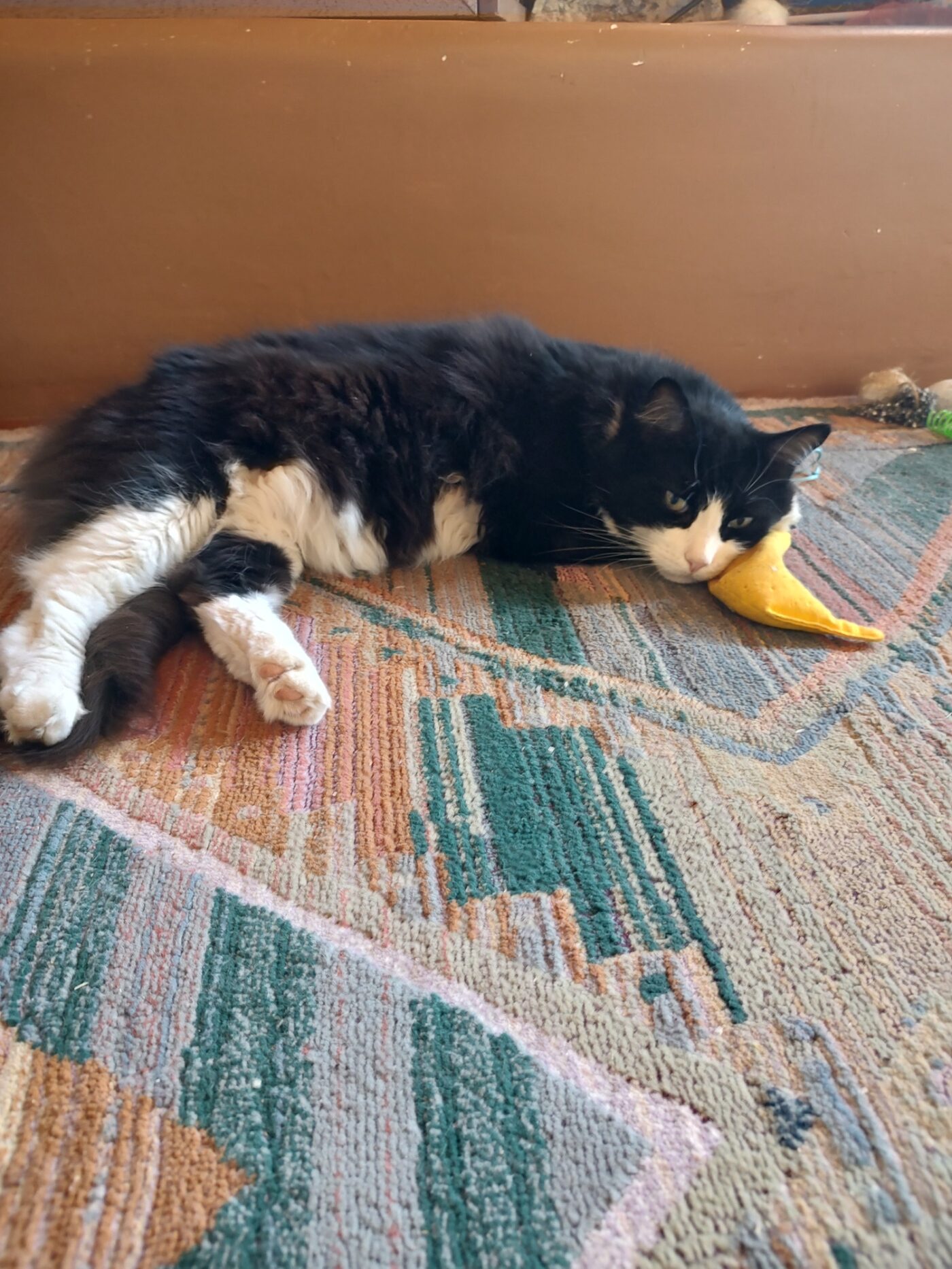
A dive into genre today, along with a discussion of whether there’s an identifiable plot arc for Science Fiction or Fantasy (hint: there isn’t), and what I’ve recently discovered about writing a Romance.

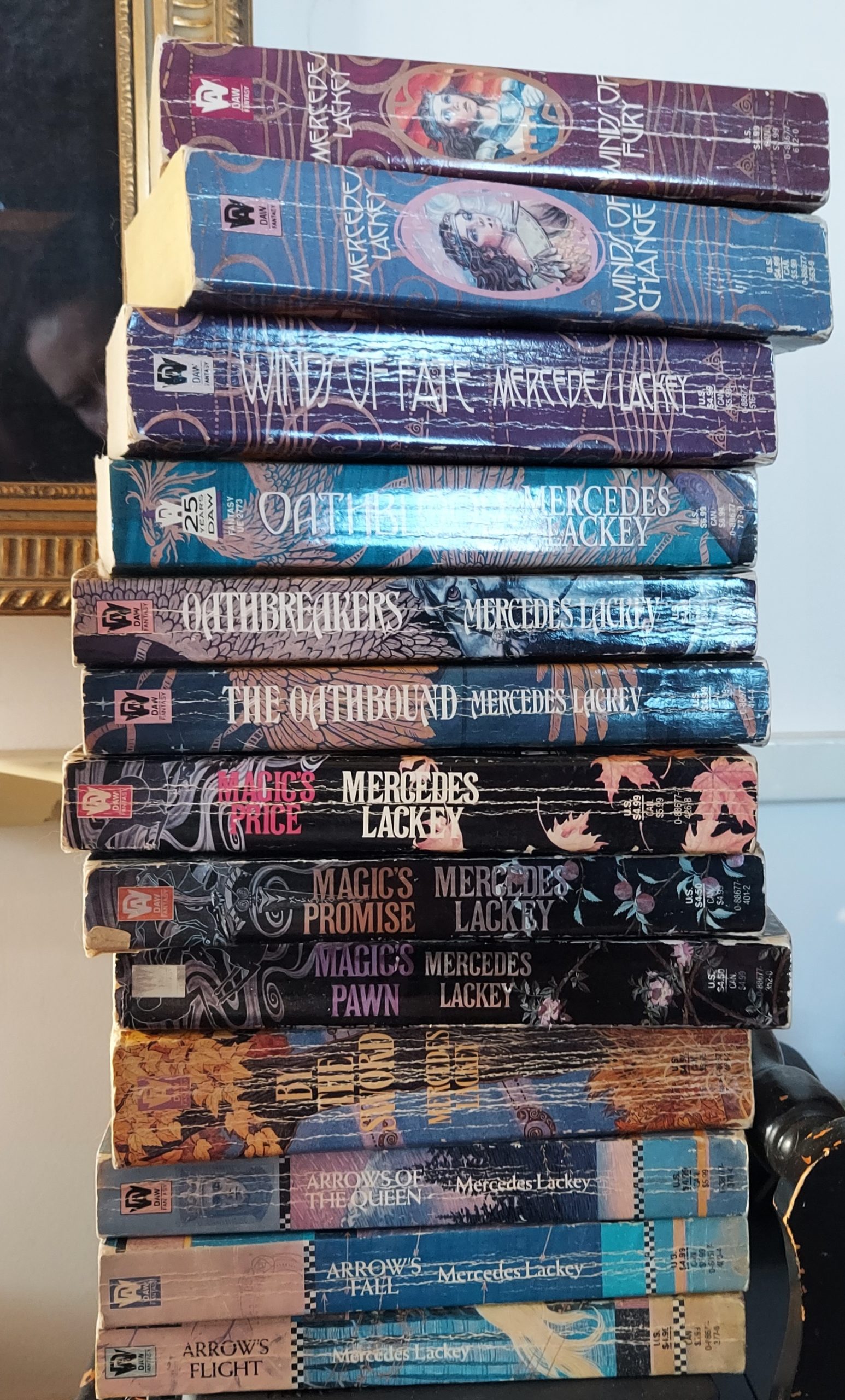
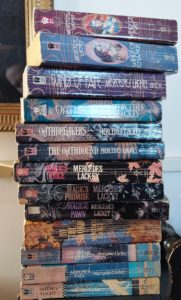
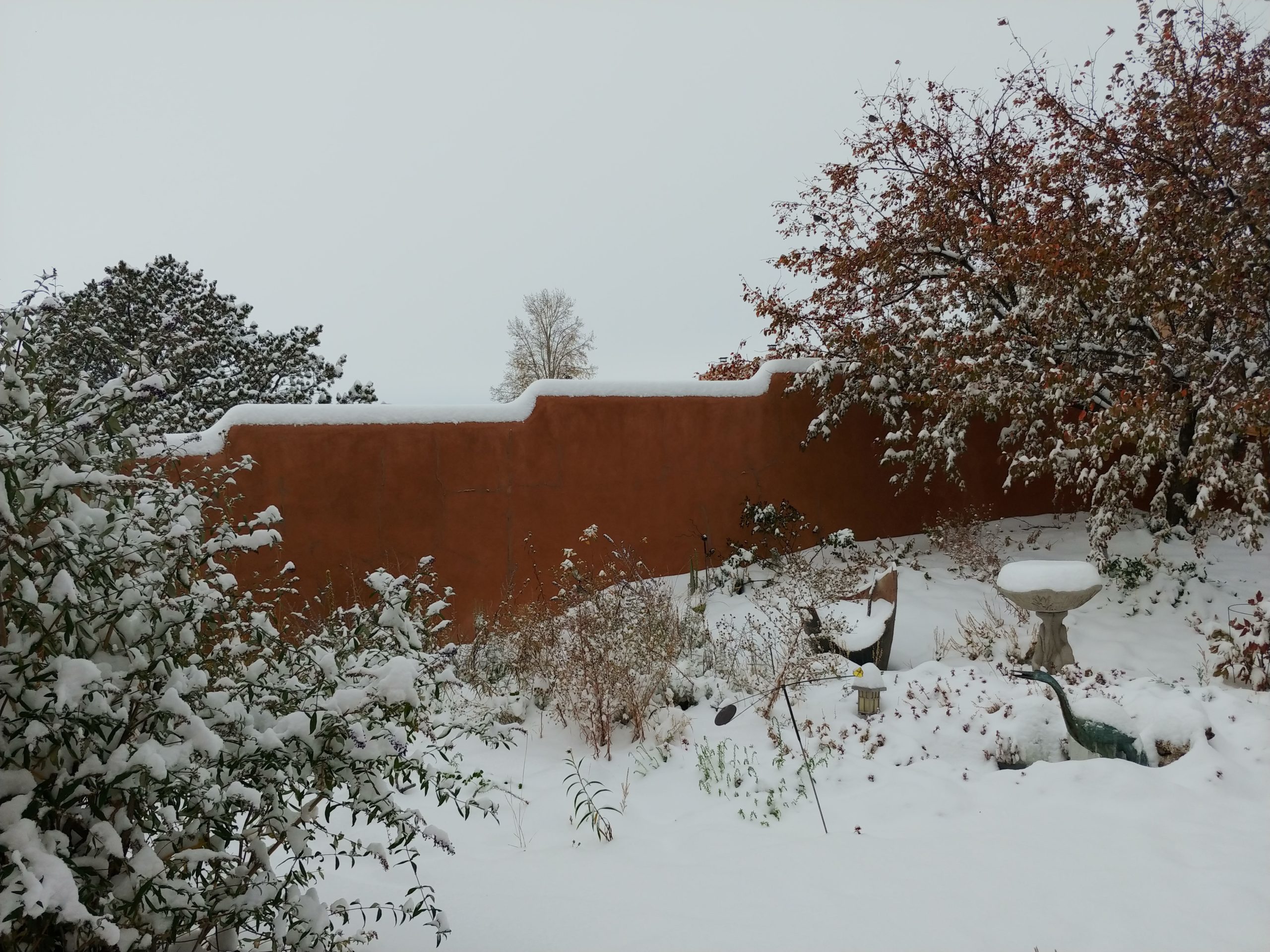
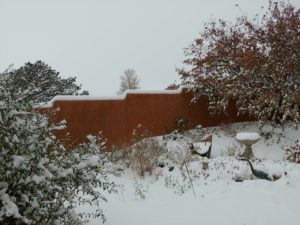
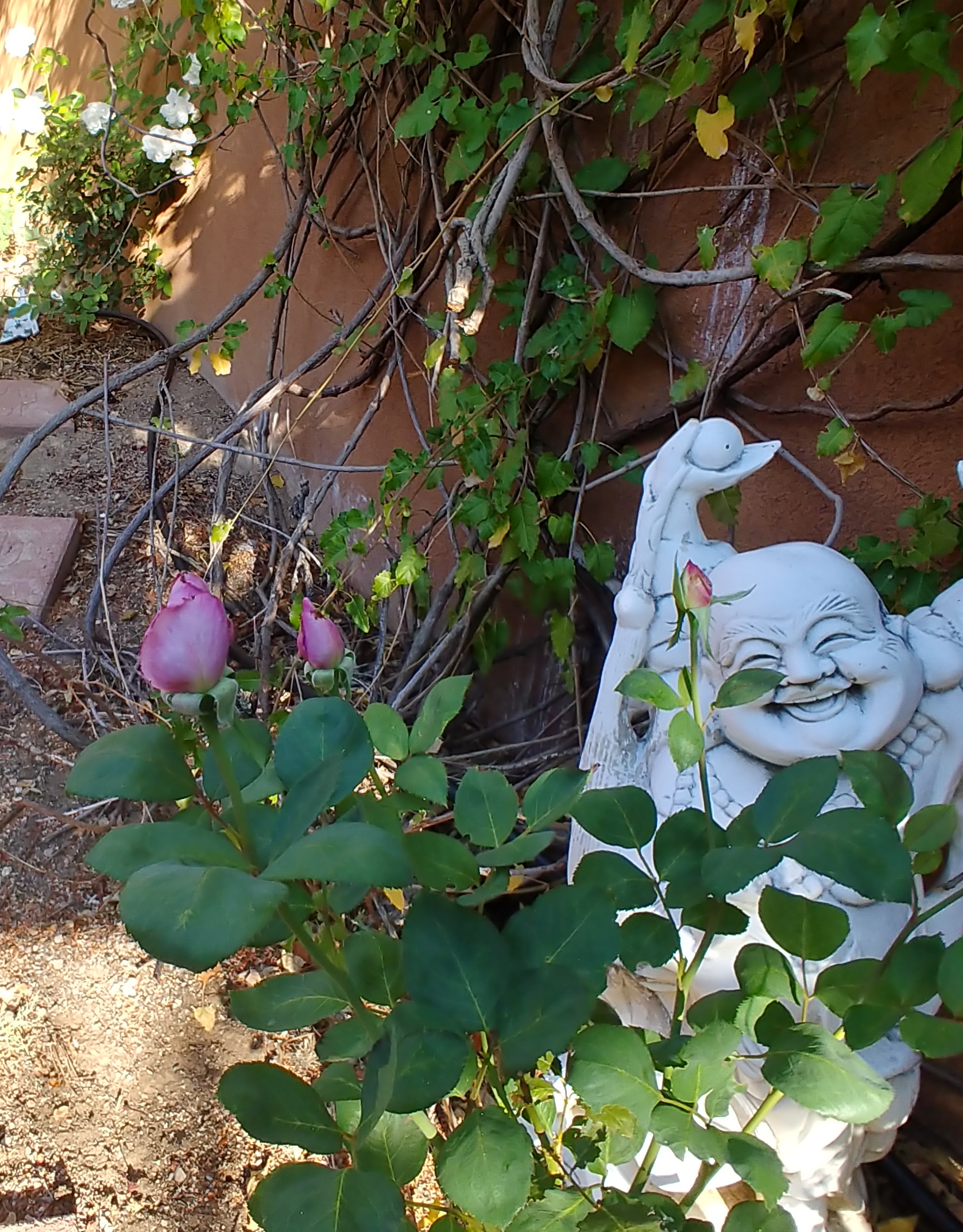
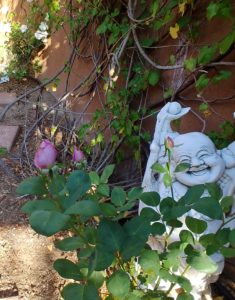
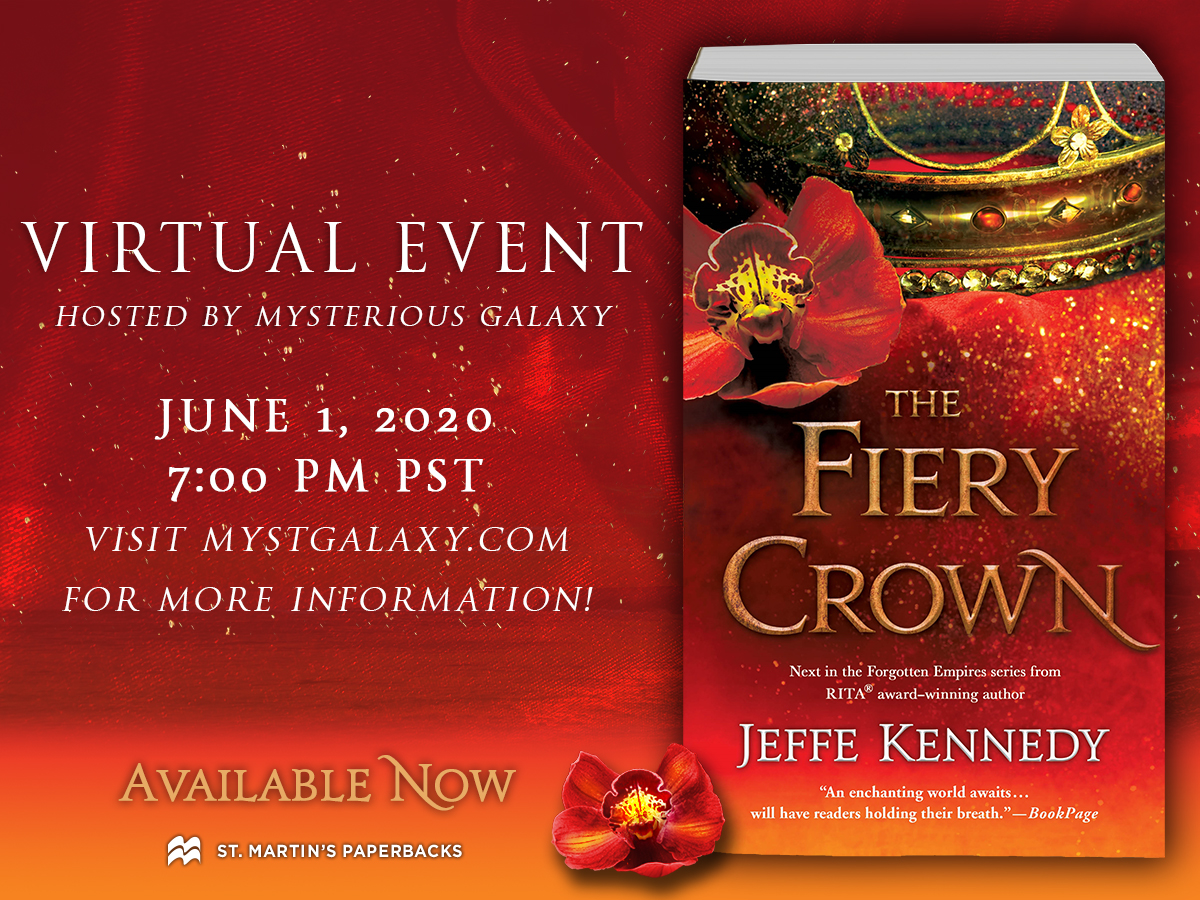
The upside of me not being in San Diego on June 1 is that my event at Mysterious Galaxy will be available to all of you via Zoom! Would love if you all joined in!
Our topic at the SFF Seven this week is Names: What’s your favorite source/method for naming your characters, places, etc? Come on over to learn my secrets.
